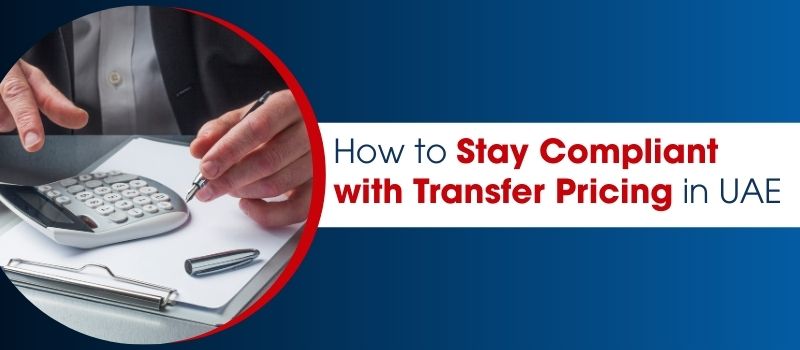Suppose your business deals with related parties or connected persons; understanding and complying with the regulations of transfer pricing in UAE is necessary. The UAE has aligned with global standards by adopting the OECD guidelines, and the Federal Tax Authority (FTA) now expects businesses to play by the arm’s length rules. So, what does this mean for you? Let’s break it down in the simplest way possible.
What is Transfer Pricing in UAE?
Transfer pricing refers to the way prices are set for transactions between related parties within the same group. These could be sales, services, loans, royalties, or even management fees exchanged between branches or group companies.
The idea is this: if two companies in the same group trade with each other, the price should be the same as if they were unrelated. This is called the arm’s length principle. If the pricing is not right, it can raise red flags with the tax authorities.
Transfer Pricing in UAE: Regulations
The UAE transfer pricing rules apply to all businesses, including:
- Multinational enterprises (MNEs)
- Local group companies
- Free Zone businesses
- Family-owned enterprises with shared ownership
Since adopting OECD standards, the FTA actively monitors related-party transactions to prevent profit shifting and ensure tax compliance in the UAE.
What You Need to Do
Let’s talk about how to stay compliant, step by step.
1. Identify Related Parties and Transactions
Start by identifying all the parties connected to your business. This includes parent companies, subsidiaries, sister companies (or any individual or entity that controls or influences your decisions).
Next, list the transactions between them. These could include:
- Sale or purchase of goods and services
- Interest on intercompany loans
- Royalties for intellectual property
- Shared staff or management support
Keep it simple. Know who you’re dealing with and what is being exchanged.
2. Apply the Arm’s Length Principle
Once you’ve listed the transactions, you need to compare their pricing with what similar companies would charge each other in an open market. This is the heart of transfer pricing compliance.
The OECD outlines five main methods to test if a price is at arm’s length. You don’t need to use all of them, just the one that best fits your transaction. A transfer pricing consultant in UAE can help select the best method for your business.
3. Prepare and Maintain Documentation
Documentation is your proof that you followed the rules. In the UAE, this includes:
- Disclosure Form: Filed with your Corporate Tax return.
- Master File: Gives a high-level view of the group’s global operations, policies, and finances.
- Local File: Focuses on the UAE entity and its related-party transactions.
You only need to submit the Master File and Local File if the FTA asks for them (but you must have them ready).
What Happens If You Don’t Comply?
Not complying with transfer pricing rules can lead to serious problems. Here’s what’s at stake:
- Penalties: The FTA can impose heavy fines for not submitting accurate or complete documentation.
- Tax Adjustments: If a transaction is not at arm’s length, your taxable income may be increased. That means more taxes to pay.
- Audits: You could face more frequent and detailed audits, leading to stress and disruption.
- Double Taxation: You might end up paying tax on the same income in more than one country.
- Loss of Tax Benefits: Companies in Free Zones or those enjoying incentives could lose these advantages.
Who Should Be Paying Attention?
All taxable persons in the UAE should assess if they have any related-party transactions. This includes:
- Multinational Groups
- Businesses with local group structures
- Companies operating in Free Zones
- Family-owned businesses with shared ownership
The rules apply more widely than many people think, so don’t assume it doesn’t affect you.
Conclusion
Transfer pricing in UAE is ultimately about protecting your business from penalties, audits, and reputation damage. The key is to stay proactive. Document your related-party transactions, apply the right pricing methods, and stay updated with FTA requirements.
If you’re unsure where to start, professional guidance can make the process smoother and more accurate. Elevate Accounting & Auditing can support you through each step: right from identifying risk areas to preparing documentation that stands up to scrutiny.

